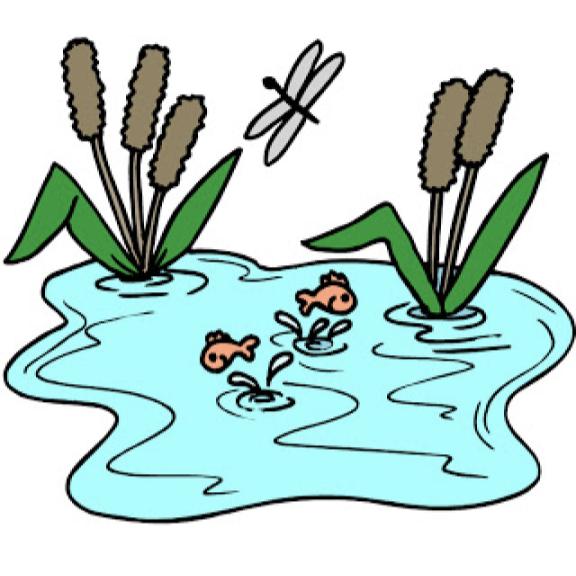Plato's magnificent Beast Analogy
see 6.493A-C
"The image of the Beast conveys a great deal of what Plato wanted to say about democracy. Fundamental is the thought that in a political system of direct popular rule, where key decisions are taken not by an individual or a body with restricted membership, but by the assembled populace itself, the people become the source of all values in the society. As we might put it, democracy is in this regard a totalitarian system. More specifically, the power of public opinion generates a radically corrupt system of values. This is because it is the passions and appetites of the populace which in the end dictate the contents of what passes for wisdom. If they like something, that counts as good (i.e. as what we should truly want), in the teaching of the sophists as for everyone else; if they dislike it, the opposite. Necessity--that is (presumably), political expediency--is what gets dignified by the language of moral approbation: 'just', 'fine'. What has happened to reason as the basis on which judgments are made? An animal has no reason, but simply passions and appetites. You might think that the sophist--a practitioner of wisdom, someone dedicated to education--would as animal-keeper bring independent reason to bear on the business of ethics. But not so. The message is that the Beast controls him, not the other way around." - Schofield, Plato: Political Philosophy. Oxford University Press: 2006"
"The image of the Beast conveys a great deal of what Plato wanted to say about democracy. Fundamental is the thought that in a political system of direct popular rule, where key decisions are taken not by an individual or a body with restricted membership, but by the assembled populace itself, the people become the source of all values in the society. As we might put it, democracy is in this regard a totalitarian system. More specifically, the power of public opinion generates a radically corrupt system of values. This is because it is the passions and appetites of the populace which in the end dictate the contents of what passes for wisdom. If they like something, that counts as good (i.e. as what we should truly want), in the teaching of the sophists as for everyone else; if they dislike it, the opposite. Necessity--that is (presumably), political expediency--is what gets dignified by the language of moral approbation: 'just', 'fine'. What has happened to reason as the basis on which judgments are made? An animal has no reason, but simply passions and appetites. You might think that the sophist--a practitioner of wisdom, someone dedicated to education--would as animal-keeper bring independent reason to bear on the business of ethics. But not so. The message is that the Beast controls him, not the other way around." - Schofield, Plato: Political Philosophy. Oxford University Press: 2006"
Written on January 27, 2010
